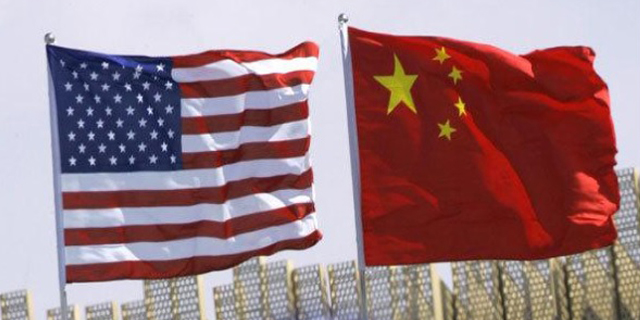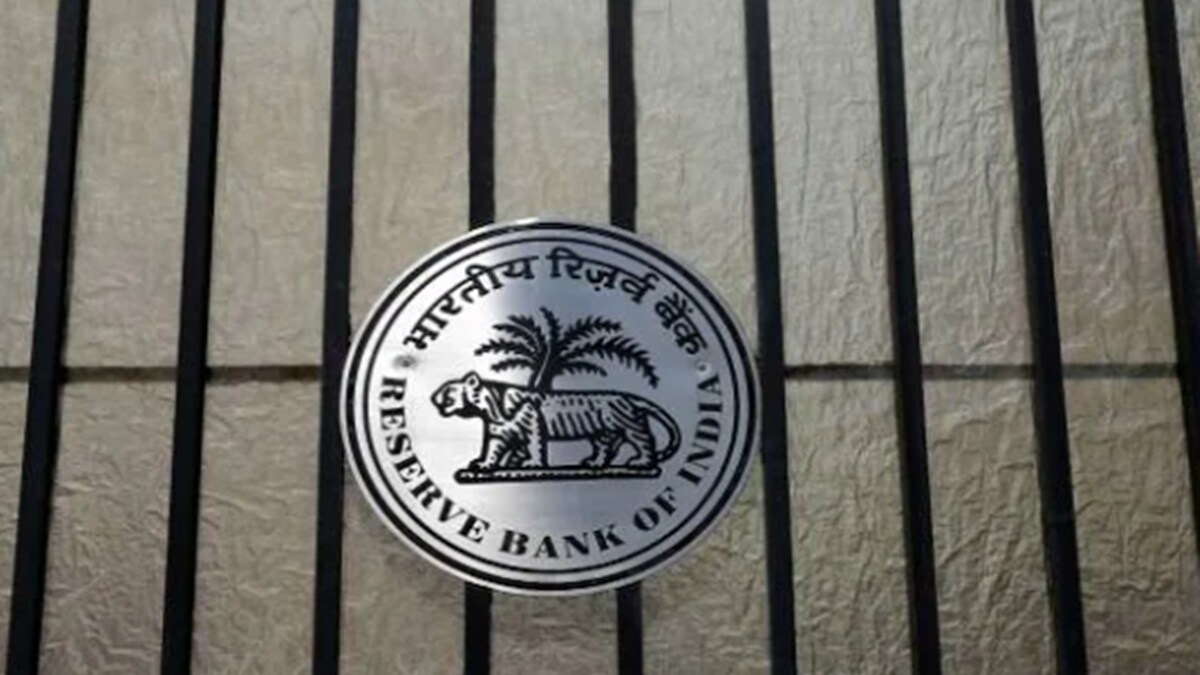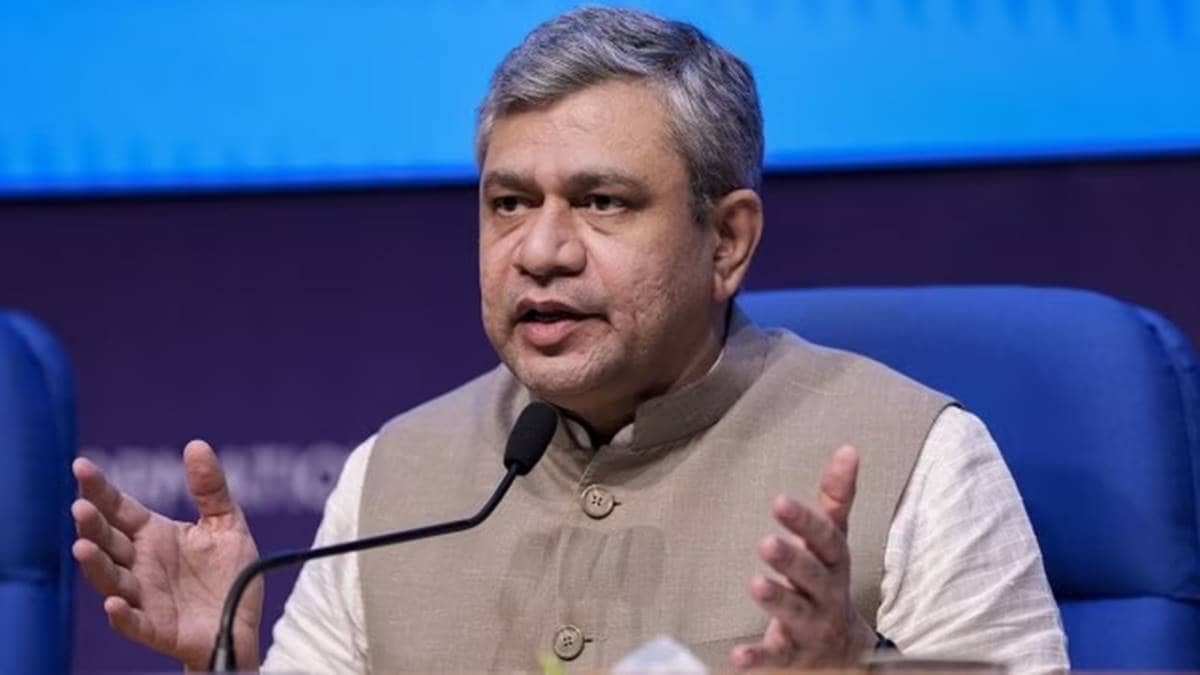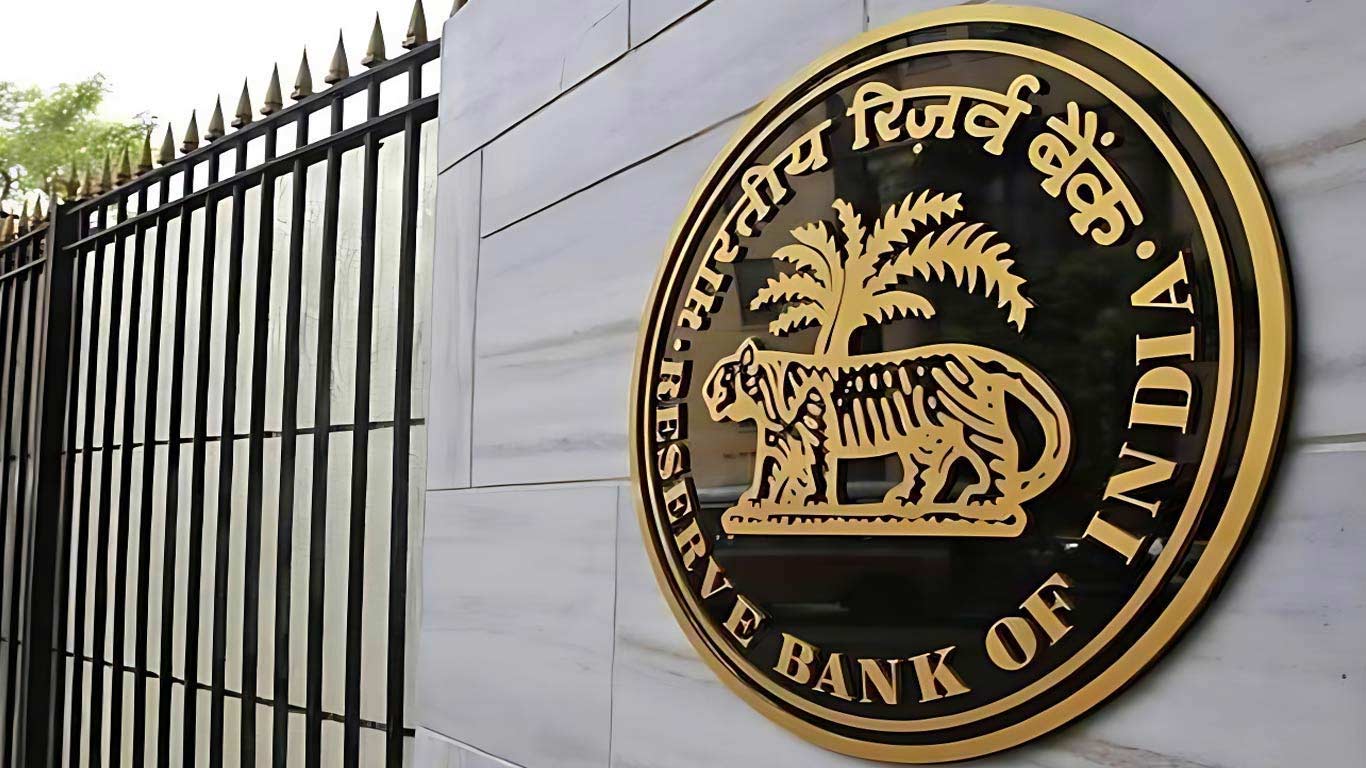US, China trade talks conclude on positive note
Thu 10 Jan 2019, 10:34:01

Beijing: The extended US-China talks to resolve the trade war between the world's two largest economies concluded here on a positive note Wednesday with a senior American official describing the dialogue as "good one" for the US.
A US delegation arrived in Beijing on Monday for the first face-to-face dialogue with officials in Beijing since President Donald Trump and his Chinese counterpart Xi Jinping agreed to a three-month tariff truce during a meeting held on the sidelines of the G-20 summit in Argentina on December 1.
The US delegation was supposed to end its visit on Tuesday. However, the two-day vice-ministerial talks were extended till Wednesday which China said reflected the seriousness of the negotiations.
"It's been a good one for us," Ted McKinney, US Under Secretary for Trade and Foreign Agricultural Affairs, said after the talks concluded.
The discussions "went just fine", he said without elaborating, the Hong Kong-based South China Morning Post reported.
Meanwhile, confirming the conclusion of the trade talks, China's foreign ministry spokesman Lu Kang told a media briefing that "the extension of the talks indicates that both sides are serious about this consultation".
"If the results of the talks are positive, it would be beneficial for both China and the US and also a good news for the global economy," he added.
Analysts said the positive momentum of the talks will need to be followed up by more senior officials.
Signals from the latest round of talks were upbeat, the Post report said.
Officials say talks are expected to deliver specific commitments to expand market access for US in China, improve protection of intellectual property rights (IPR) and reduce the trade surplus with the US, but it would take time to reform state-owned firms another major source of friction.
The US delegation, led by Deputy Trade Representative Jeffrey Gerrish, included representatives from the departments of energy, agriculture, treasury and commerce, while the Chinese side was led by Commerce Vice Minister Wang Shouwen.
The results of the talks would be analysed at a separate meeting between US trade representative
Robert Lighthizer and Chinese Vice-Premier Liu He.
Robert Lighthizer and Chinese Vice-Premier Liu He.
Trump, who has been accusing China of indulging in unfair trade practices contributing to the huge trade deficit amounting to USD 375 billion, on Tuesday said the trade talks with Beijing were going on "very well".
He had earlier warned that if a deal is not reached by March 1, the end of the 90-day grace period, the US will increase the tariffs on the USD 200 billions of goods from 10 per cent to 25 per cent.
Trump has been demanding China to drastically reduce the USD 375 billion trade deficit and ensure IPR production for US technology and services. The escalating trade war raised concerns in China as its economy was on the downward trend amid efforts by the government to rejig the export-dependent economy to that of relying more on domestic consumption.
China is facing the daunting task of presenting a credible plan to meet Trump's demands to cut down the trade deficit. In recent weeks, China has showed some signs of flexibility or acceding to the American demands.
It softened its stand by offering a mix of concessions by resuming purchases of US soybeans, suspended punitive tariffs on imports of US cars and toned down its 'Made in China 2025' plan, which aimed at breaking the country's reliance on foreign technology and pull its hi-tech industries up to western levels.
China also proposed clear bans on forced technology transfer in new draft foreign investment legislation.
Last year, the US imposed tariff hikes of up to 25 per cent on USD 250 billion of Chinese goods. The move prompted China to increase tariffs on USD 110 billion of US goods.
China is currently America's largest goods trading partner with USD 635.4 billion in total (two way) goods trade during 2017. Goods exports totalled USD 129.9 billion; goods import totalled USD 505.5 billion. The US goods trade deficit with China was USD 375.6 billion in 2017.
Trade in services with China (exports and imports) totalled an estimated USD 75.0 billion in 2017. Services exports were USD 57.6 billion; services imports were USD 17.4 billion. The US services trade surplus with China was USD 40.2 billion in 2017.
No Comments For This Post, Be first to write a Comment.
Most viewed from Business
AIMIM News
Delhi Assembly polls: Owaisi leads Padyatra in Okhla
Feb 01, 2025
We reject this Waqf Amendment Bill: Asaduddin Owaisi
Jan 30, 2025
Latest Urdu News
Most Viewed
May 26, 2020
Which political party will win the Delhi Assembly polls to be held on Feb 5?
Latest Videos View All
Like Us
Home
About Us
Advertise With Us
All Polls
Epaper Archives
Privacy Policy
Contact Us
Download Etemaad App
© 2025 Etemaad Daily News, All Rights Reserved.






























